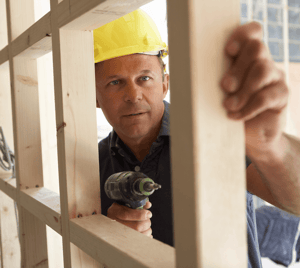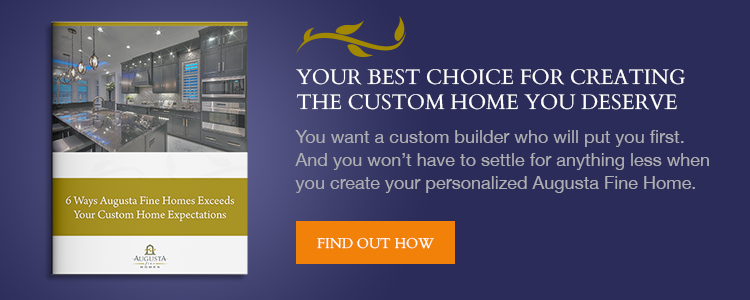 You’ve done all of your research, you’ve shopped online, and you’ve had some good hard discussions about your next home purchase. After all of that, you’ve made the decision to purchase a custom home. Congratulations! But what’s the next step?
You’ve done all of your research, you’ve shopped online, and you’ve had some good hard discussions about your next home purchase. After all of that, you’ve made the decision to purchase a custom home. Congratulations! But what’s the next step?
A question we hear quite a lot from home buyers today is, “What is your cost per square foot?” This question is virtually impossible to answer for a custom home and shouldn't be your only consideration when choosing to invest in a home you plan to live in and enjoy.
Unless you're purchasing a home solely as an investment property, cost per square foot should never even enter the discussion. Why? There are many reasons, but the most important one is that this type of data is an inaccurate comparison. Every builder is unique in what they include, what their base model might be, and what they offer in terms of specifications.
With so many options available in today's marketplace, comparing by price may not be the most ideal method to choosing your custom home. There are many other important factors on which to quantify your decision.
 1. Building Materials
1. Building Materials
One factor that varies a great deal from builder to builder is the quality of building materials. If you compare homes via price, you aren’t uncovering the whole story.
While one custom home may have a lower price, you may not realize that in order to achieve that lower price, the builder has cut back on the quality of materials used in construction, or even the methods of construction to save on labour costs.
2. Specifications
Ask your builder for a list of specifications that are included in the home. This list will outline the details of how your home will be built, what materials are being used, what R-value is being achieved, how long it will be before you need to replace shingles, siding, stucco, etc.
These specifications will give you a good idea of the expected costs of maintenance over time; the better your new home is built, the less you’ll have to repair or maintain it in the future. A slightly higher price on this home for better materials and practices may seem like a bigger investment, but if it saves you thousands in future repairs and maintenance, your investment is far more efficient.
3. Included Features
Builders vary in the level of included features they offer. Some will provide you with a price for a base model of the home with no upgrades, and allow you to price out your upgrades on top of that cost. Others will offer standard higher end finishes.
While the price may be the same, you're missing out on the value of what you get for that purchase price. Some builders can also give you the price of a home as it is presented in a show model, which includes upgrades you may or may not wish to have in your own home. Get the details of what finishes are included when comparing homes.
4. Land Costs
Comparing custom homes by price also leaves out an important factor: land costs. Residential lots vary greatly in price due to location, physical attributes, proximity to amenities and transportation, and any special considerations that need to be taken on a particular lot.
Your price comparison may or may not include the cost of the lot, and in this case, you’ll need to compare your lot purchasing options, as well as different homes on the same lot to be accurate. If you already own a lot, you may still be able to build a custom home there, but speak with your builder about the specific guidelines.
 5. Customer Experience
5. Customer Experience
Probably the most important part of the entire process has nothing to do with the price of a home. The home builder you choose must provide you with the quality experience you expect, before, during, and after the build.
If you choose a lower priced home, the builder may be sacrificing the level of care they provide to you as a paying customer. Will any issues that arise be handled professionally, promptly, and to your satisfaction?
While you can’t ignore price altogether when shopping for a new home, if at all possible, don’t make it your primary decision-making factor. A home is the largest investment you will ever make—ensure the home (and builder) you choose is the right one.




